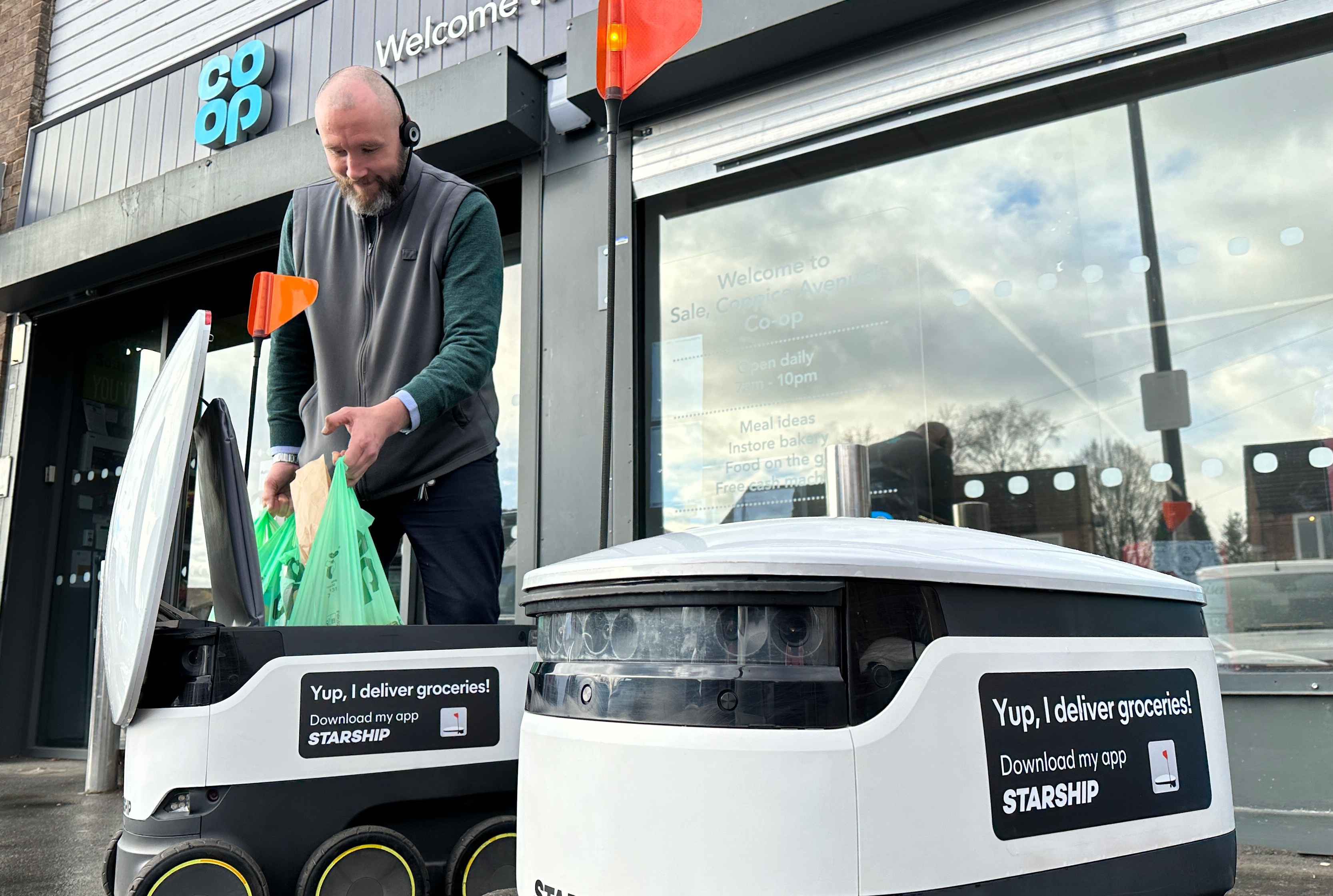The UK government has become the latest organisation to ban Chinese social media app TikTok over security concerns.
The ban comes after cabinet office ministers ordered a security review to look at the potential vulnerability of information stored on devices and how some social media apps and platforms could access it.
In a statement, the government said there is limited use of TikTok within its departments and there is limited need for staff to use the app on work devices.
The ban does not extend to personal devices and there are exemptions where required for work purposes which will be granted by security teams on a case-by-case basis. These include working in enforcement or working to minimise online harm.
Commenting on the news Chancellor of the Duchy of Lancaster Oliver Dowden said: “The security of sensitive government information must come first, so today we are banning this app on government devices. The use of other data-extracting apps will be kept under review.”
He added: “Restricting the use of TikTok on Government devices is a prudent and proportionate step following advice from our cyber security experts.”
The ByteDance-owned company recently announced new security measures due to fears over how user data is shared with China. These include storing data locally and using an external security firm to monitor data flows.
Several other organisations have recently banned the use of TikTok on work devices or warned of potential security problems in the app, including Denmark’s public-service broadcaster DR and the Czech cyber security watchdog NUKIB which said it had concerns over amount of data that is collected by the app.
The Canadian Government has also banned TikTok on government devices, while the EU Commission has similarly banned TikTok from both corporate and personal devices over cybersecurity concerns.
Latest News
-
US pauses UK tech prosperity deal over wider trade disputes
-
Asahi weighs dedicated cybersecurity unit after ransomware disruption
-
Crypto exchange HashKey ‘raises $206m’ in Hong Kong IPO
-
UK signs agreement with Canada on semiconductor research network
-
Build-A-Bear teams up with Uber Direct for same-day delivery service
-
BBVA expands ChatGPT to 120,000 employees
The future-ready CFO: Driving strategic growth and innovation
This National Technology News webinar sponsored by Sage will explore how CFOs can leverage their unique blend of financial acumen, technological savvy, and strategic mindset to foster cross-functional collaboration and shape overall company direction. Attendees will gain insights into breaking down operational silos, aligning goals across departments like IT, operations, HR, and marketing, and utilising technology to enable real-time data sharing and visibility.
The corporate roadmap to payment excellence: Keeping pace with emerging trends to maximise growth opportunities
In today's rapidly evolving finance and accounting landscape, one of the biggest challenges organisations face is attracting and retaining top talent. As automation and AI revolutionise the profession, finance teams require new skillsets centred on analysis, collaboration, and strategic thinking to drive sustainable competitive advantage.
© 2019 Perspective Publishing Privacy & Cookies











Recent Stories